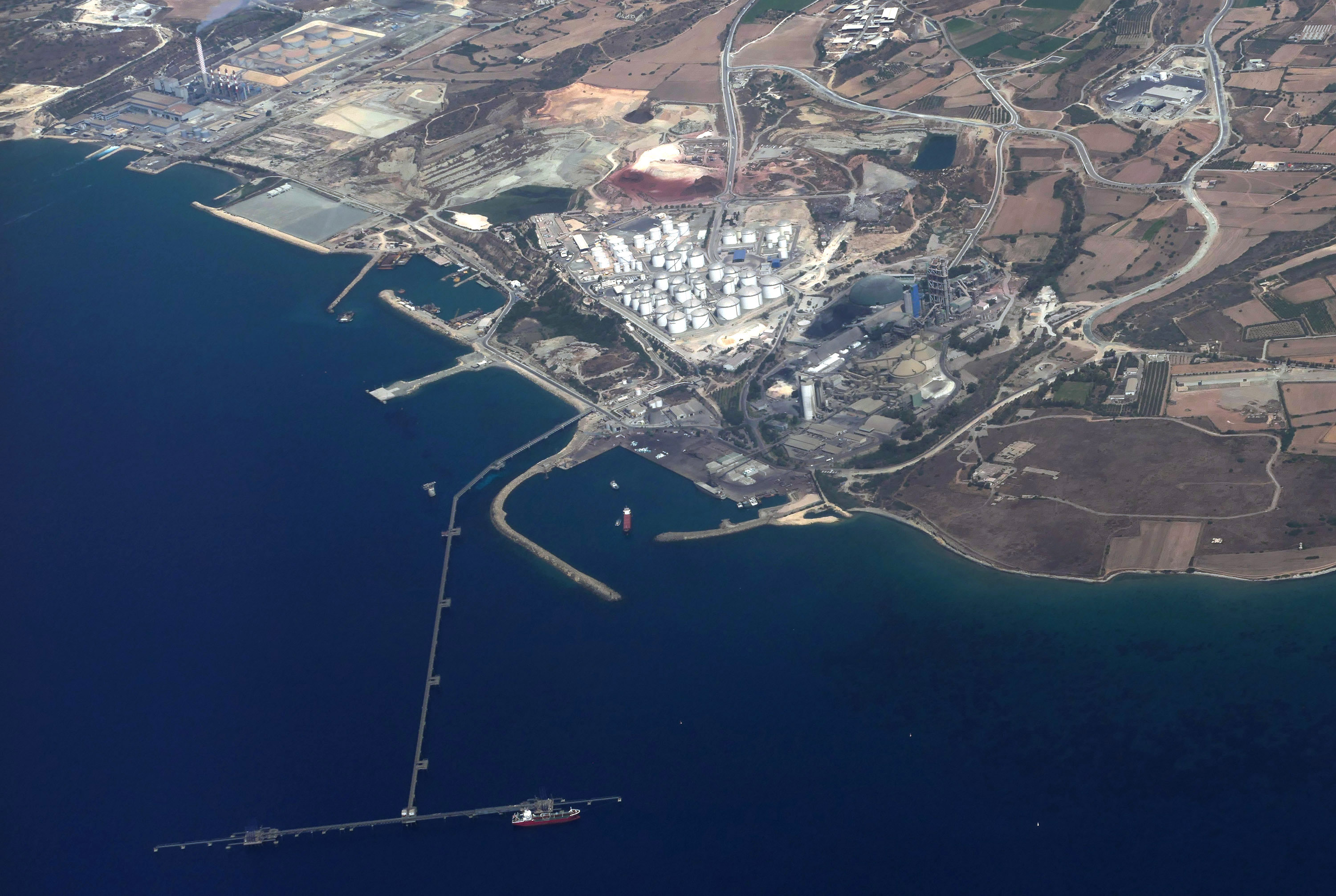Institutional procedures provide much scope for exercise of political influence, corruption
Decision-making regarding appraisal, risk assessment and management of public investment projects as well as possible partnership agreements with the private sector are taken with increasingly little consideration of the potential economic viability and environmental friendliness of such projects and, indeed, whether these add to the welfare of the people at large.
Decision-making shifts
This deterioration is attributable to a large extent to the profound shifts in the bodies influencing decision-making on key, and some partially EU-funded, investment projects.
Prior to the government administration of Glafcos Clerides from 1988 to 1998 the ex-Planning Bureau in Cyprus in cooperation with the publicly owned, but independent Development Bank, exercised considerable power and expertise in evaluating and financing of capital investment projects as well as in determining the structure of partnerships between the public and private sectors in the formulation and execution of investment projects (PPPs).
However, during the years of the Clerides regime the power of Planning Bureau staff was steadily diminished and transferred to the Ministry of Finance. After some years this transfer of power and the politicisation of decision-making was intensified. From 2013 onwards, under the Anastasiades administration, the Planning Bureau was absorbed into the Ministry of Finance and renamed the ‘Directorate General for European Programmes for Coordination and Development’.
As a result, important advice and final decisions on the evaluation, financing and award of large public sector projects were mainly taken by members of the Council of Ministers in association with their political and business collaborators.
The ex-president, himself, appears to have become highly influential with his alleged ordering of the Vasiliko project without competitive tenders to a company with virtually no experience in establishing LNG terminals.
Impact
During the early years of the first Anastasiades administration, the European Commission became critical of the increasingly poor and relatively low use of EU funds for investment and structural reforms.
In fact, in the September 2015 MoU it is stated that “the (Cyprus) authorities will assure that the institutional capacity to implement current and future programmes is improved and the appropriate human resources of the Managing Authorities and implementing bodies are available”, and I would have added “and effectively used”.
Furthermore, eight years later it was reported by the European Commission, that of the EU funds of €1.25 billion available to Cyprus over the period 2021 to 2026 under the Recovery and Resilience Plan, less than 5 per cent of this amount had been taken up in the financing of investment projects by September 1, 2023.
While the very low absorption of EU funds is disturbing, it is the failure to use both public and EU funds productively in economically viable and environmentally friendly investments that should be of most concern to Cyprus policymakers and taxpayers.
Indeed, it appears that government officials, including some members of the past and current Council of Ministers, and their private sector collaborators are more interested in making personal short-term financial gains from the negotiation and awarding of projects rather than in assessing the potential of such investments in contributing to economic development and environmental sustainability.
Do persons making decisions on the award of projects seriously consider whether the successful contractor has the capability to complete execution of the project on time and according to its specifications?
In fact, the absence of such careful consideration seems to have been the situation at least with the Vasiliko and waste management projects.
Institutional procedures
Under these procedures government ministries and agencies initially propose projects in their budgets that are supposed to be in line with the government’s policies. In preparing project proposals little account is taken of the potential economic viability and impact on the environment of each project and the main concerns are whether their costs fit into the budget allocated to it by the Ministry of Finance and whether EU funds are available for their financing. Thereafter, in deciding which projects have priority minute use is made of cost/benefit and risk analysis in assessing their ranking.
Subsequently, each ministry prepares selected projects, frequently with biased specifications to favour a particular contractor, and invites tenders to bid and implement these projects.
Unsuccessful tenderers can appeal to the Tenders Review Authority against the winner by paying relatively small fees and not providing any detailed explicit reasons for the appeal.
Moreover, with the number of these low-cost appeals being unlimited, government officials claim that endless appeals are the main reason for the lengthy delays and even cancellations of many EU funded projects.
Hence, with unlimited appeals and government ministries wanting to fully use their budget allocations of EU funds these entities are forced to scramble and put lower priority and/or previously non-EU funded investments into their budgets for EU projects.
This messy and time-consuming process seriously diminishes the quality of public investments.
Recommendations
Despite repeated recommendations by the European Commission and promises by the Cyprus authorities of reforms and measures to substantially raise the institutional capacity of Cyprus to use EU funds more effectively in its public investments, including for the green transition, little has been accomplished and scandals relating to incomplete projects and the wasteful deployment of EU funds predominate.
The current Cyprus government, like its predecessor, does not seem to have the willingness and capability to effectively use its budget allocations for development, which are mostly for public investment projects.
Over the last decade the implementation rate for government development expenditure has averaged less than 65 per cent with a considerable part of such outlays being on land annexations and low-priority projects like the renovation of courthouses.
And in the first six months of 2024 development expenditures amounted to just 22 per cent of the amount budgeted for the year as the execution of projects such as the Larnaca Marina and the Vasilico LNG terminal were severely delayed.
Given that decision-making on the evaluation, preparation and financing of large-scale investment projects is heavily influenced by questionable relations between government ministers and officials and their collaborators in the private sector, that display limited willingness and competence in addressing economic, financial and environmental issues, fundamental institutional changes are required.
In particular, as long recommended by economist Savvakis Savvides and this author there is a compelling need to set-up an independent development-type finance agency with apolitical technical expertise tasked with appraising and financing and the PPP structure of large-scale investment projects.
In addition, there is a need for greater efficiency and genuine competitiveness in the award of selected projects for execution and the procedures of the Tenders Review Authority require streamlining with the number of appeals limited and accompanied by substantial reasons for any appeal.
Furthermore, this authority requires decision-makers who have the competence to judge whether companies bidding for public contracts have the ability to fulfill the terms of the contract and effectively complete the awarded project.
Moreover, even with fundamental institutional changes and reforms, the system of decision-making on the evaluation, formulation, financing and implementation of public investment projects would remain fragile and vulnerable to the incompetence and corruption of the usual suspects.
Undeniably, unless the culprits for past and ongoing poor decision-making on public investments are held accountable and prosecuted by the legal authorities, healthy economic development and environmental protection will continue to be hampered by the dearth of productive public investments in Cyprus.
Les Manison is a former senior economist at the International Monetary Fund, an ex-advisor in the Cyprus finance ministry and a former senior advisor at the Central Bank of Cyprus







Click here to change your cookie preferences